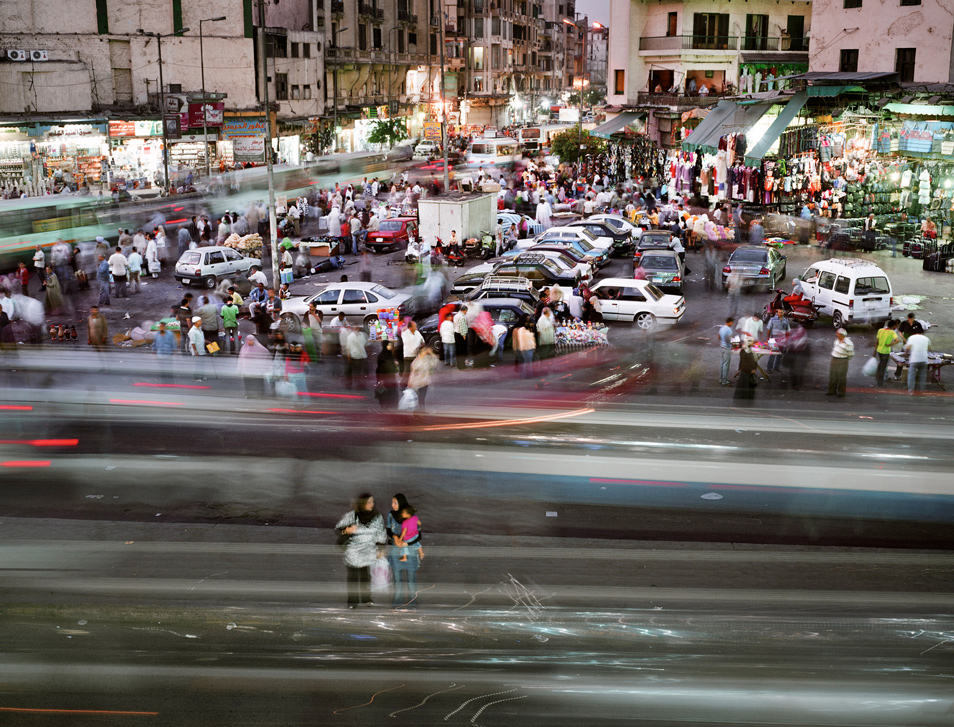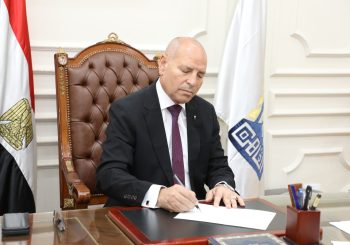Navigating Egypt’s public spaces can be a difficult task for anyone living in a place like Cairo. Its debilitating traffic, poorly-paved streets, lack of pavements, and all kinds of barriers one needs to conquer, are enough to make one think twice before stepping out into city life. For someone with a disability, these challenges obviously become exceedingly more difficult.
In a new campaign aimed to raise awareness about the needs of the disabled, the Helm Foundation, in association with Drosos and Bassita, aims to highlight disability issues as well as to generate donations from the public in support of the cause.
The campaign features a video starring famed Egyptian actors Menna Shalaby and Ahmed Malek where the daily struggles of persons with disabilities in Egypt are portrayed.
Also, for every share, comment and like the video receives, a donation goes to Helm which will directly fund a project to make the areas surrounding the premises of Cairo University more accessible.
Helm aims to install ramps and tactile blocks on sidewalks, renovate the Faysal and Cairo University metro stations as well as building a new bus station at Cairo University that everyone can use.
Speaking to Egyptian Streets, Helm Ambassador Magdy Abdel-Sayed said that the ultimate purpose of the video is the ”full inclusion of people with disabilities in Egyptian society.”
Despite the positive response the video has received, Abdel-Sayed stresses that in order for people with disabilities to have the same opportunities as the rest of society, “there is still a long way to go.”
Egyptian authorities have for long been criticized for not recognizing the accessibility issue as a serious problem that, according to Helm, at least 14 million Egyptians suffer from.
Indicating that the problem remains largely hidden, Abdel-Sayed says that “people with disabilities are afraid to leave their homes because of the dangers and discrimination they will face”.
The Egyptian government should earmark special resources to disability issues, he adds.
“Egyptian government [should] allocate a certain budget which specifically goes to the needs of people with disabilities in Egypt.”
Commenting on the video, Cairo-based independent disability consultant Peter Fremlin tells Egyptian Streets that he thinks the video is both attractive and appealing in that it is directed to a different audience who takes notice when famous actors are involved.
He also says that the fact that Helm is partnering with private businesses is an interesting development in terms of the disability question in Egypt.
“This is an issue that’s grown in importance and [has been] publicly highlighted in the past five years in Egypt,” he says.
“Right now it’s quite hard to get international funding, so Helm’s partnerships and their projects with companies are really exciting and important.”
Whether he thinks these sorts of campaigns contribute to improving the situation for people with disabilities in Egypt, Fremlin stresses how the spread of these videos online “helps people think about this issue more” which “is the first step in quite a long line for change on the ground.”
Keen to stress the publically spirited nature of Egyptians to assisting each other, he points out that “there needs to be quite substantial changes making people-friendly environments in general” in Egypt.
Also, Fremlin sees accessibility as not just an issue for disabled people, but rather something that concerns everyone.
“We shouldn’t look at accessibility as just for persons with disabilities. Persons with disabilities shows us particularly important aspects of it and highlight the issues that are there,” says Fremlin.
“But you can see accessibility challenges, especially in Cairo, for everyone,” pointing to “the way people walk across roads, the difficulty of getting about, the difficulty of public transport for everyone is a big challenge.”
He recommends that the Egyptian government makes sure that accessibility is included in building codes, especially publically-used buildings, and that roads and pavements are made accessible.
“Of the options open to governments on disability rights, egypt is not currently taking them all.”
As to what ordinary citizens can do to improve accessibility in the country, Fremlin encourages participation and inclusion and showing that the issue is important.
There needs to be a “change in the way that ordinary citizens see disability issues,” he says, pointing out that “currently, we see disabled people in terms of pity; they’ve had this individual tragedy and after that they become heroes because they’ve overcome that.”
“If ordinary citizens could get away from that [mentality] and see people with disabilities as people who have rights like any other people,” that would be a positive development towards more “social participation for change” in Egypt.







Comments (6)
[…] these challenges obviously become exceedingly more difficult,” according to a previous report by Egyptian […]
[…] these challenges obviously become exceedingly more difficult,” according to a previous report by Egyptian […]